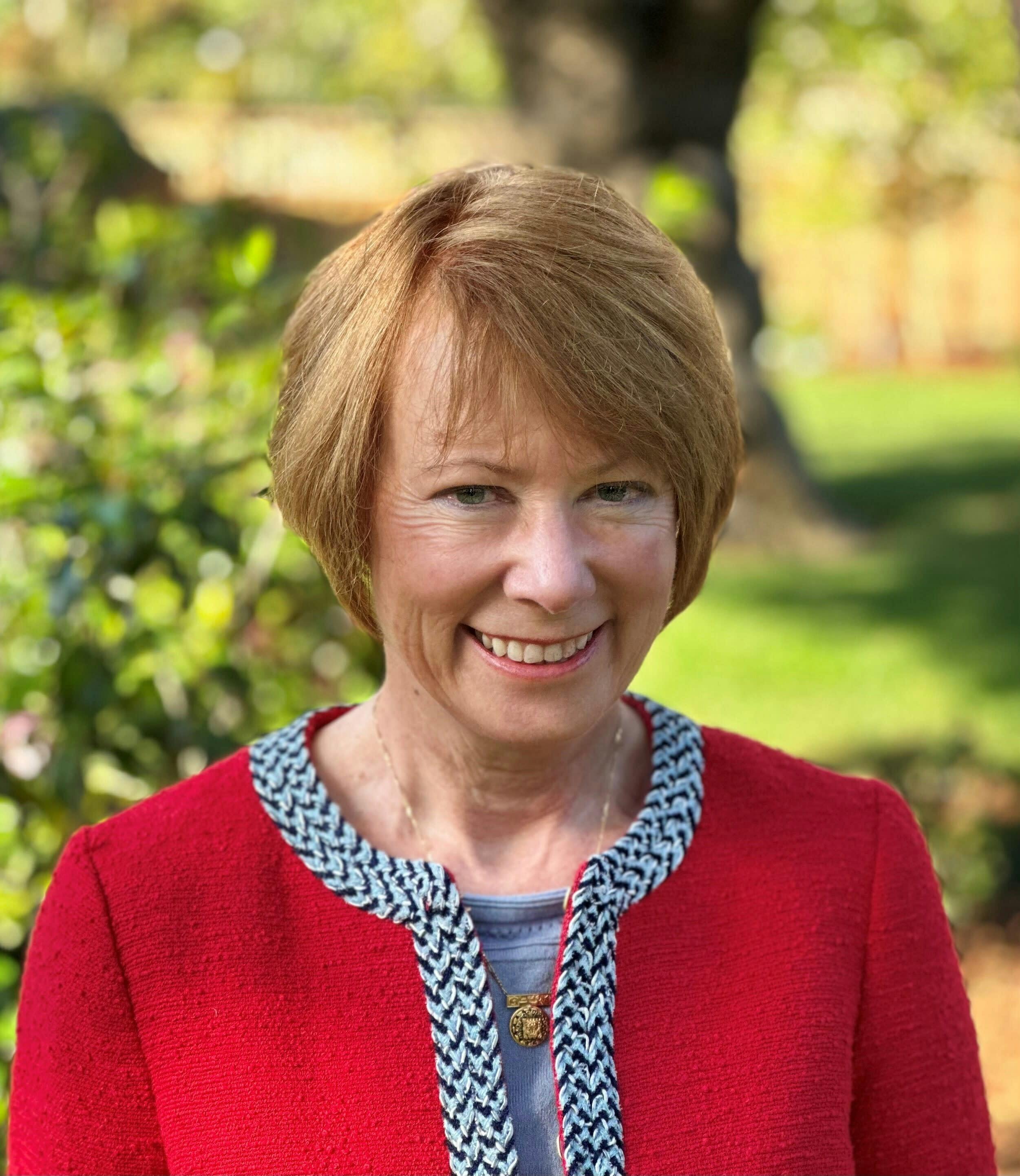SF HCSO Employer Annual Report Due May 3
By Karen Hooper | Published April 2, 2024

Executive Summary
The San Francisco Office of Labor Standards Enforcement (OLSE) has opened the Health Care Security Ordinance (HCSO) Employer Annual Reporting Form (ARF) website, and it is providing employers with a small extension to complete the reporting. All HCSO covered employers must submit the 2023 ARF by May 3, 2024.
The ARF website includes many useful resources for covered employers, including instructions, previews, educational video overviews, and the reporting form itself.
Which Employers are Required to Complete the ARF?
San Francisco HCSO covered employers are required to complete the ARF. “Covered employers”, are defined as an employer who in 2023:
employed one or more workers within the geographic boundaries of the City and County of San Francisco;
was required to obtain a valid San Francisco business registration certificatepursuant to Article 12 of the Business and Tax Regulations Code, and
employed 20 or more persons worldwide (for profit) or a nonprofit organization that employed 50 or more persons worldwide.
Where Can Employers Find Information on the ARF?
The ARF is now available on the HCSO website along with instructions, previews of the reporting entries, and a recorded webinar:
ARF Due by May 3 (Extended from April 30)
Although the ARF deadline is generally set as of April 30, the OLSE has expanded the timeframe to complete the form through May 3 this year. (They also made the ARF available to access slightly earlier this year.)
What Information Do Employers Need to Complete the ARF?
San Francisco HCSO reporting for the 2023 calendar year:
Seven digit San Francisco Business Account Number
Total number of employees in each quarter (nationwide)
Number of employees covered by the HCSO in each quarter (only employees who work in SF)
Total health care expenditures made for each quarter of 2023 including:
Total quarterly payments for health insurance (medical, dental vision);
Total quarterly contributions to the SF City Option; and
Total quarterly employer contributions to the HSA account.
Note: The ARF also asks employers to complete information related to the Fair Chance Ordinance, which requires employers to follow rules regarding applicants’ and employees’ arrest and conviction record.
HCSO Covered Employees
Employers must make the required HCSO health care expenditures for “covered employees,” defined as employees who:
Are entitled to be paid the minimum wage,
Have been employed by the employer for at least 90 days,
Perform at least 8 hours of work in San Francisco, and
Do not meet any of the exemption criteria outlined below.
The HCSO does not apply to properly classified independent contractors reported via Form 1099 (i.e., workers who are properly not classified as Form W-2 common law employees).
Which Employees are Exempt or Excluded from Eligibility Under the HCSO
There are five categories of exempt employees:
Employees who sign the HCSO Voluntary Waiver Form.
Employees who qualify as Managers, supervisors or confidential employees AND earn more than the applicable salary exemption amount ($114,141 in 2023, $121,372 in 2024).
Employees who are documented to be eligible for Medicare or TRICARE.
Employees who are employed by a non-profit corporation as a trainee in a bona fide training program.
Employees who receive health care benefits pursuant to the San Francisco Health Care Accountability Ordinance (HCAO)
No HCSO health care expenditure requirement applies for any exempt category of employees.
Reminder: First Quarter HCSO Expenditures Due by April 30
Employers making City Option contributions must make payment within 30 days after the end of each calendar quarter via the Employer Portal. Failure to make the required contributions comes with a potential OLSE administrative penalty of $100 for each employee for each quarter that the violation occurs.
For more details: 2024 San Francisco HCSO Expenditure Rates Released
Reminder: Remote and Hybrid Employees Working in San Francisco
While employers are not required to make health care expenditures for employees who work outside the geographic boundaries of San Francisco, covered employers are required to make health care expenditures for remote employees who live in San Francisco and work from home. For any employees who are working on a hybrid or “drop-in” inconsistent basis in San Francisco, employers should institute procedures to track hours worked in the City to correctly calculate the required spend.
For more details: SF HCSO Compliance in the Work-From-Home Era
More SF HCSO Information
For more information on all of the HSCO requirements directly from the City, check out the San Francisco OLSE’s official HSCO website.
For more information from the Newfront team, see our Newfront San Francisco Health Care Security Ordinance (HCSO) Guide.
Disclaimer: The intent of this analysis is to provide the recipient with general information regarding the status of, and/or potential concerns related to, the recipient’s current employee benefits issues. This analysis does not necessarily fully address the recipient’s specific issue, and it should not be construed as, nor is it intended to provide, legal advice. Furthermore, this message does not establish an attorney-client relationship. Questions regarding specific issues should be addressed to the person(s) who provide legal advice to the recipient regarding employee benefits issues (e.g., the recipient’s general counsel or an attorney hired by the recipient who specializes in employee benefits law).

Karen Hooper
VP, Senior Compliance Manager
Karen Hooper, CEBS, CMS, Fellow, is a Vice President and Senior Compliance Manager working closely with the Lead Benefit Counsel in Newfront's Employee Benefits division. She works closely with internal staff and clients regarding compliance issues, providing information, education and training.